Geoffrey rides off, vowing "we'll meet again."
Gyrth comes out of hiding and explains that he's a serf from the lands of Geoffrey's brother, Roger of Doncaster. Roger the Hangman as Much calls him. The foresters were chasing Gyrth because he had been hunting for food to feed his starving children - his young, mute son Tom and daughter Abbie. The newcomers are welcomed to the village by Robert's mother Katherine and his sister Alice.
Meanwhile in the castle, Roger of Doncaster berates his brother Geoffrey for letting their sport get away. Geoffrey taunts Roger because they had been humiliated by "Robert the Yeoman". "Isn't he the one your lady Marian fancies?" Geoffrey asks.
Roger rants about how Marian's love for Robert has delayed his plans to marry Fitzwalter's daughter. However, it would cause a Saxon uprising if they just murdered Robert. When Roger learns that Geoffrey came to Locksley in pursuit of a poacher, Roger asks if Robert had been hunting with Gyrth. Geoffrey doesn't think so, but Roger holds up a purse and says "I wonder if the game warden might remember."
Then Roger appeals the Abbot of St. Mary's, noting that Robert's lands at "the edge of Barnsdale Forest" stand between the abbot's and the estates of Fitzwalter -- estates that will be Doncaster's if his much delayed marriage takes place. Roger pledges his support to the abbot saying he can go where the abbot cannot. Doncaster reckons with King Richard away on the Crusades, Prince John could use powerful allies in the north.
The abbot says that if Robert "upholds the laws and pays his taxes, we cannot touch him". Roger summons Legros who enters holding a stag's antlers. Then the abbot agrees to outlaw Robert by using a blank warrant given to him by Prince John.
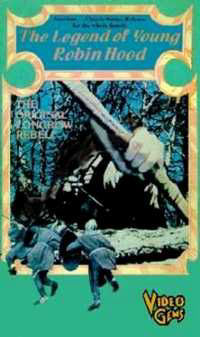
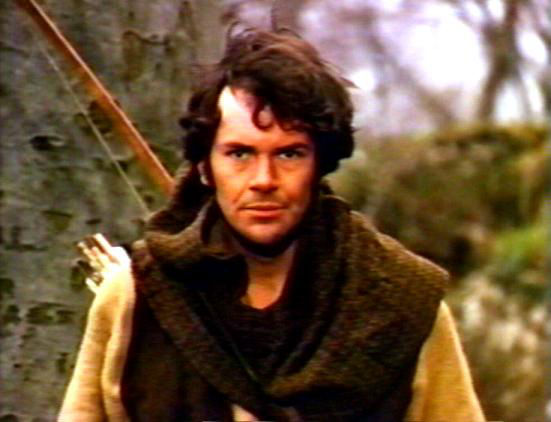
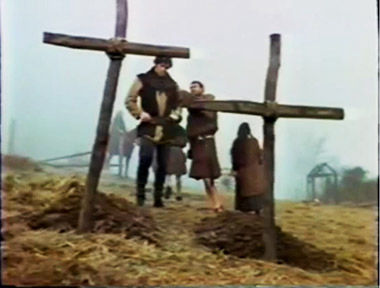
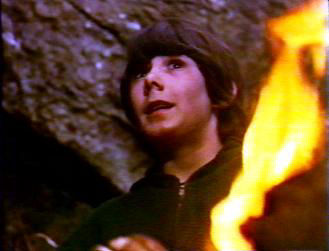
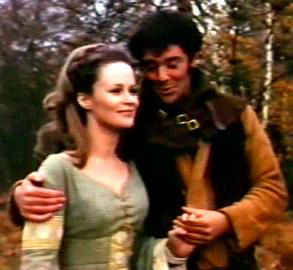
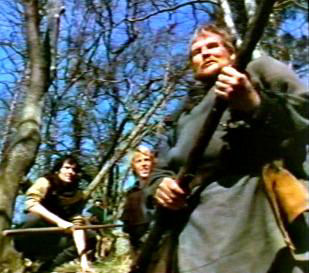
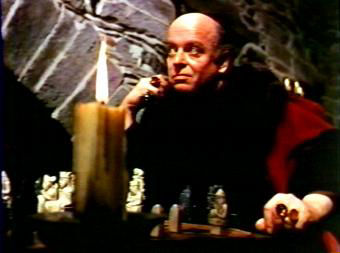
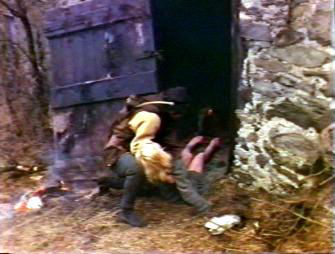
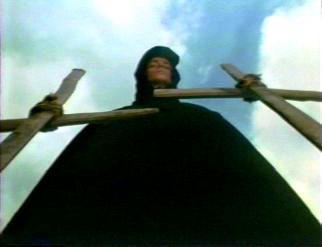
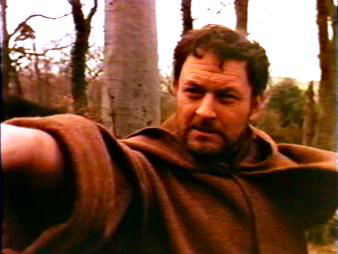
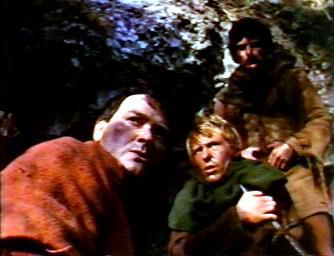
Contact Us